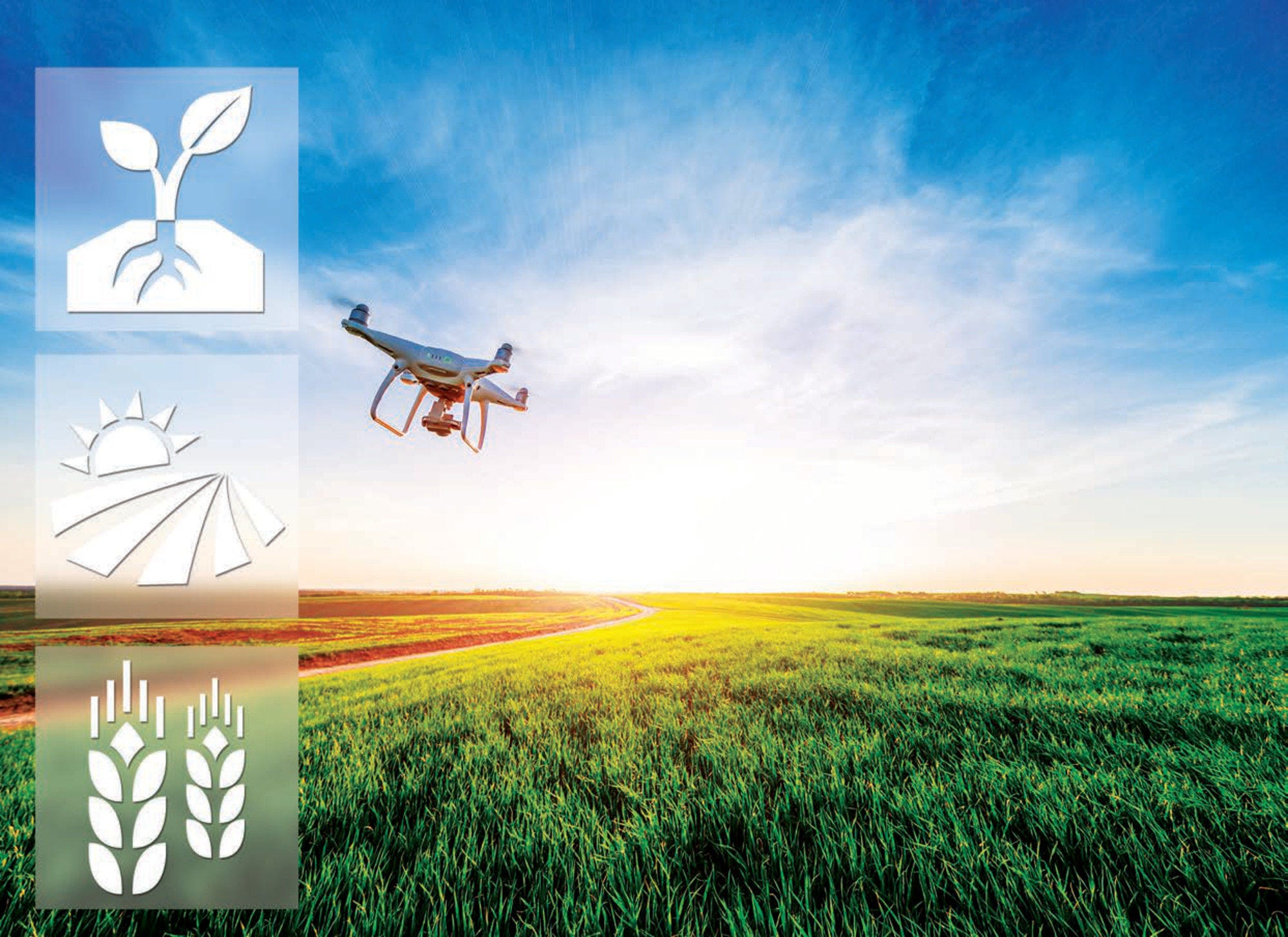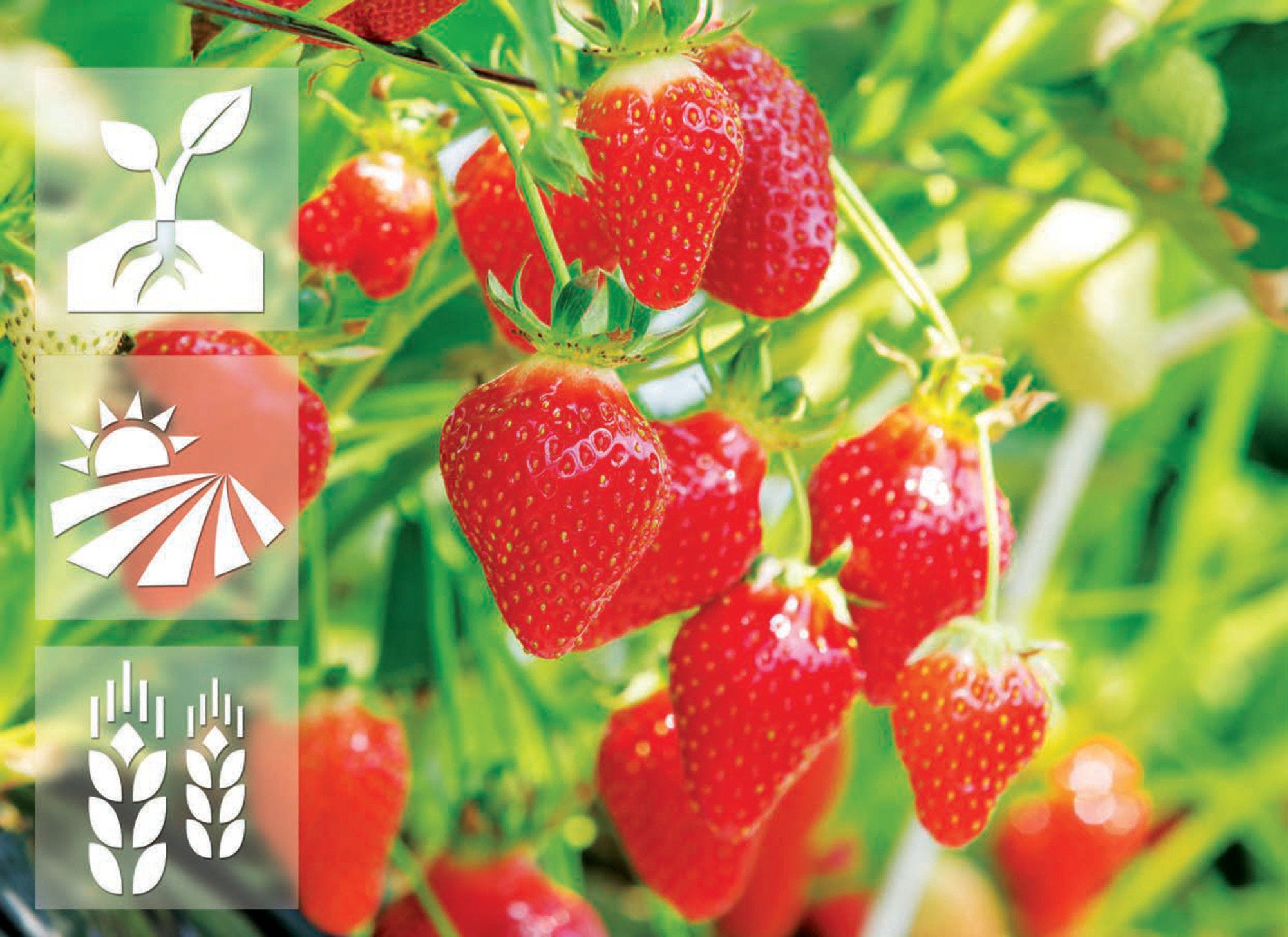Korea has achieved the fastest growing income per capita amongst the OECD economies over the past 25 years. During that time, the share of primary agriculture in the economy has declined as its export-driven economy has reallocated capital and human resources to manufacturing. The food and agriculture sector has been under pressure to meet changing domestic demand, to improve its productivity to keep up with the highly competitive manufacturing sector and to increase its exposure to international competition under the GATT Uruguay Round Agreement on Agriculture and bilateral Free Trade Agreements (FTAs). The societal demand on agriculture has diversified from focussing on stable supply of food to other functions of agriculture, such as preservation of natural resource and ecosystem as well as traditional culture and rural landscape.
The agro-food sector in Korea faces a number of challenges today. Per capita arable land area (0.03 ha) is the smallest among OECD countries. The highly fragmented land ownership structure hinders consolidated use of cropland and limits the scale of operations. Korea does not have a comparative advantage in land intensive crop production. By contrast, the livestock sector has expanded rapidly to meet a growing national demand and now accounts for nearly a half of the total value of Korea’s agricultural production. However, the rapid expansion of intensive livestock production has aggravated the environmental pressure from manure emissions.
The government has made extensive efforts to support agriculture through a wide range of policy measures. In addition to market price support and direct payments to support farm incomes, the sector benefits from preferential tax treatment, reduced social security contributions and reduced input prices. Nevertheless, income problems persist among small-scale and aged farmers, who have limited employment opportunities outside the sector. Sector-specific agricultural policies have limited capacity to solve the low-income problem. Policies covering economy-wide rural development and social security should play a more proactive role in addressing low-income issues among rural households. Meanwhile, younger people in rural areas would benefit from employment opportunities arising from a more comprehensive rural development policy.
Despite its comparative disadvantage in land-intensive crop production, Korea’s potential to export niche agricultural products and processed food that reflect its rich and unique food culture could be explored further. Focusing agricultural policy more on improving the productivity and sustainability of commercial producers and developing the food processing sector is critical to establishing a more competitive and sustainable food and agricultural sector, as is increasing the capacity to respond to market demand. Facilitating fair competition in input and output markets is an important policy agenda to meet the specific needs of large commercial producers.
Investment in agricultural innovation is fundamental to ensuring the long-term competitiveness and sustainability of agriculture, and Korea is one of the most intensive investors in public agricultural R&D among OECD countries. To unleash the sector’s potential to be more knowledge-intensive, Korea’s agricultural innovation system should become more integrated and collaborative, benefiting from a strong advantage in information and communication technology (ICT) and responding efficiently to the needs of commercial farmers and agro-food firms. Policies should also promote knowledge flows, thereby facilitating the adoption of innovations in technology, production, management and marketing practices. Furthermore, to meet the particular needs of commercial producers to improve productivity and sustainability, the extension system should evolve to leave more room for private technical service providers in transferring technologies, capital and information.
Main findings and key policy recommendations are outlined in the table below.










